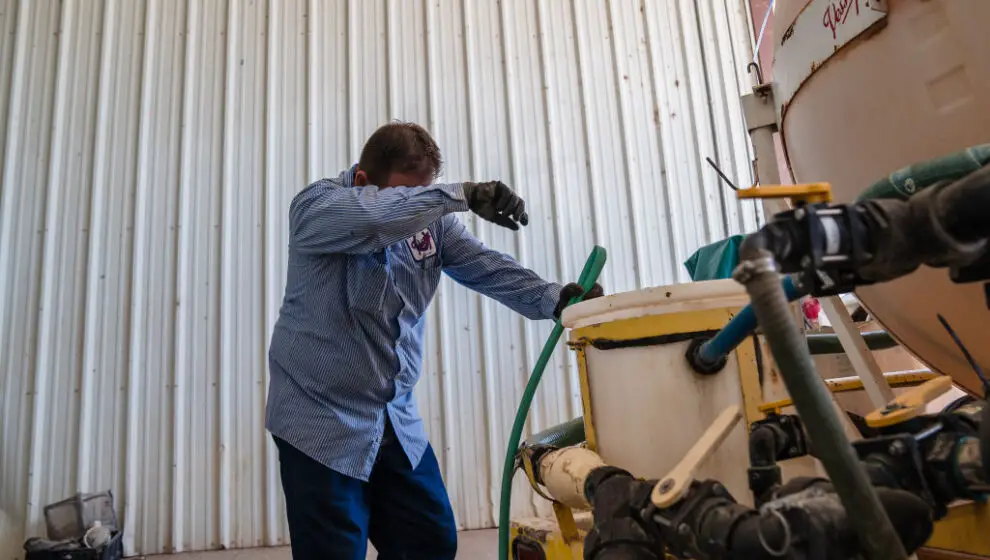Warming global temperatures could affect when companies maintain office hours going forward.
Key Details
- A University of Oxford-led study published in the science journal Nature Sustainability claims that climate change is going to have an effect on business hours for companies going forward.
- The study claims that companies may need to give up 9-to-5 business hours instead of 6-to-2 due to the effects of “uncomfortable” hotter summers.
- Company policies may need to change, including changes to air conditioning and ventilation, installing more shade near buildings, and permitting more casual dressing during the summer months to address the change.
Why It’s Important
As the study notes, a small change in global temperatures over the next few decades could have a big impact on countries that are not prepared for regular heat waves. Additionally, cranking air conditioning to solve the problem could run afoul of emissions reduction proposals, meaning that companies be forced to work around changes in temperature.
Some regions in Europe are unlikely to be affected by an uptake, such as Spain or other Mediterranean countries. However, countries like England, Norway, and Switzerland could face as much as a 30% increase in “uncomfortable” days, resulting in changing company policies for the safety of employees going forward, Fortune notes.
Notable Quotes
“In southern Spain, for example, across Andalucia, these working patterns in summer are not new. It is quite common for outdoor workers in July and August (e.g., builders, agricultural workers) to shift to an early starting hour—like from 6 a.m. to 2 p.m.—to avoid working during the hottest hours of the day. Even shops are closed during the hottest hours in summer, closing from 2 p.m. to 6 p.m. and opening again from 6 p.m. to 9 p.m.,” study author Jesus Lizana tells MailOnline.
“Even a small increase in the temperatures are actually showing a high relative change which can be very impactful and make these countries more vulnerable to needing more cooling. These increases in relative change are going to mean that we need deployment of cooling adaptation measures at a fast speed and at a large scale,” says study lead Nicole Miranda.
